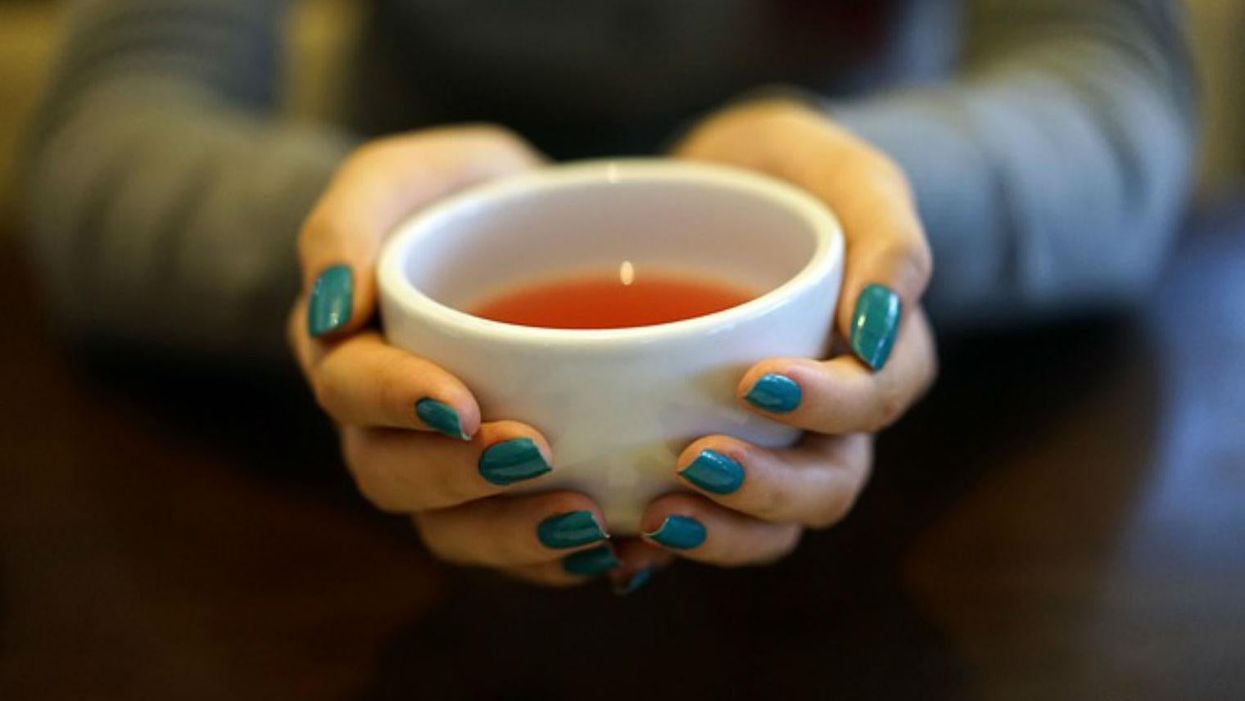Celebrities
Bethan McKernan
Oct 10, 2015

Today is World Mental Health Day, and while attitudes to mental health problems are slowly changing, the struggle for adequate treatment is more pressing than ever.
One in four adults and one in ten children in the UK will develop a mental health problem, but earlier this year the Royal College of Psychiatrists warned that government cuts have left NHS mental health services running "dangerously close to collapse".
While the fight for adequate mental health provisions continues, there are some steps you can take at home which can help.
ASAP Thought, a science vlog "with conscience", has put together eight scientifically proven strategies to help combat the symptoms of panic and anxiety which we could all benefit from from time to time:
1. Stay away from Web M.D. and other self-diagnosis websites
Googling what you think is wrong will NEVER help.
2. Remember 'HALT' - are you feeling hungry, angry, lonely or tired?
It's easy to forget to address the most basic needs sometimes.
3. Try 4-7-8 breathing
Breathe in for four seconds, hold it for seven seconds, and breathe out for eight.
4. Consume information on wellness
Read books and listen to podcasts that reignite your sense of wonder at the world's beauty. Check out the video below for suggestions.
5. Move
Wiggle your toes, go get a glass of water, go for a walk. Little bits of exercise will help - you don't need to run a marathon.
6. Mindfulness
Simple, quick meditations are proven to reduce cortisol (the stress hormone).
7. Start small on the things that scare you
Even little things can become impossible if you're not in a good place. Break big tasks and fears down into little, achievable steps.
8. Practice self care
Make sure you're aware of the things that trigger your anxiety and make a concerted effort to either avoid them or prepare for their effects.
If you think you or someone you care about is in need of support for a mental health problem, there is someone to talk to at The Samaritans 24 hours a day on FREECALL 116 123 and advice on where to get help at mentalhealth.org.uk.
More: Your Facebook status reveals more about your mental health than you might realise
Top 100
The Conversation (0)













